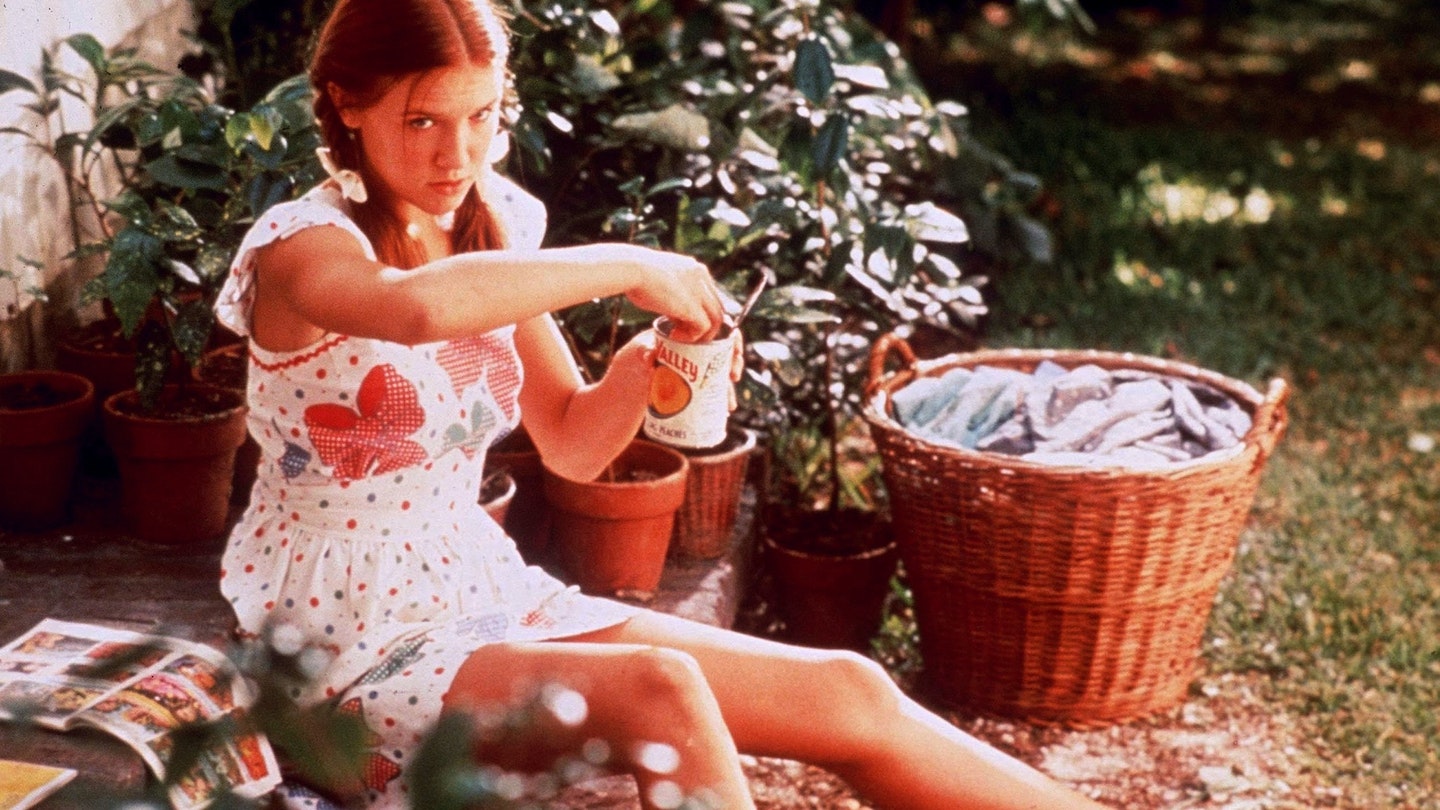Adrian Lyne is not a filmmaker noted for profundity or taste, but we're inclined to take sides against the oh-so-predictable tabloid knee-jerk outrage directed at his well-done version of Vladimir Nabokov's controversial but acclaimed, now classic novel.
For the uninitiated, Lolita - a byword since the book's publication in the 50s for any nymphet - is the story of fortysomething professor Humbert Humbert (Irons), an Englishman fixated on the lost love of his own pubescence, whose fateful attraction for gorgeous, pouting, gum-chewing 14-year-old Dolores "Lolita" Haze (Swain) is his undoing in a tragicomic grotesque odyssey of lust, madness and murder.
Humbert arrives in post-war America to teach and lodges with, then marries, the desperate, man-hungry Charlotte (Griffith) to be near her vivacious, flirtatious, daughter. Young Lolita initially seems unaware of the erotic fascination she holds for Humbert but gradually becomes complicit in her seduction.
Once the taboo is transgressed, Humbert's sickness envelops Lolita in abuse, corruption, and a struggle for power, one over the other. In one particularly horrible but eloquent scene Humbert attempts to reassert himself by rape, but it is Lolita who laughs in contemptuous triumph and Humbert who weeps helplessly.
Lyne's efforts to be both passionate and artistic are generally successful, although a few sex scenes are disturbing and arguably close to salacious. His greatest asset is in two exceptional performances. Irons skilfully suggests perversion, a comically lugubrious haplessness and a tragic air of doom. Swain is remarkable conveying Lolita's transition from coltish, giggly innocent to the worn 17-year-old she has become by the end.
